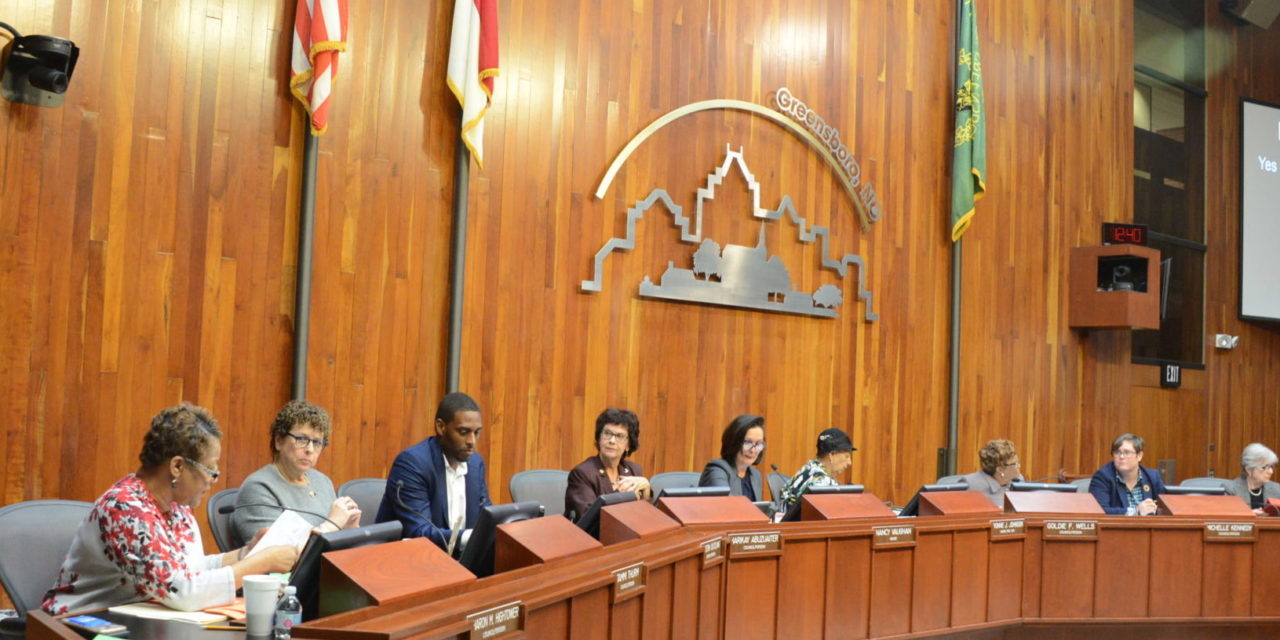Mental health is one of the top topics on the Tuesday, Dec. 17 Greensboro City Council meeting agenda.
The agenda includes 60 items, but 39 of those are on the consent agenda, which is not supposed to be discussed, and all 39 items are supposed to be passed with one voice vote. However, this City Council often gets hung up on items on the consent agenda, usually because Councilmember Sharon Hightower is allowed to ask questions, something that by policy councilmembers are not allowed to do.
A controversial rezoning request for 389 Fairystone Dr. is being withdrawn.
A grant of $1 million from the state for disaster recovery for the tornado that struck Greensboro in April 2018 is on the agenda for approval. This money was in the state budget that was passed by the legislature but vetoed by Gov. Roy Cooper. The $1 million was later passed in one of the mini-budget bills that the legislature passed, and this one was signed by Cooper, so Greensboro will finally get the funding.
One item that may elicit some discussion is a resolution authorizing the city manager to sign a $500,000 contract with the S.E.L. Group for a Behavioral Health Response Program. This is a new program and the city has never done anything similar.
The resolution states, “The S.E.L Group will utilize mental health professionals to provide the following services: real-time response, triaged mobile crisis, case consultation and review, critical incident debriefing, and ongoing staff training.”
It further states, “the program will run 24 hours a day, 365 days a year through December 31, 2020 with the option of two one year renewals.”
The resolution also indicates that this real time assistance with mental health issues will be available not just to the Police Department but to the entire city staff.
Councilmember Michelle Kennedy pushed this new program as a response to the death of Marcus Deon Smith. Smith died after being detained by police on July 4, 2018. Smith, in the police body worn camera videos made available by the Greensboro Police Department, appears to be having a mental health crisis and was placed in restraints by police officers in preparation for transporting him to the hospital. Smith stopped breathing while in the restraints and was pronounced dead at the hospital.


As a professional behavioral health provider with North Carolina DHHS I would be interested in getting the contact information for the S.E.I Group program.
I would be interested in seeing what other providers submitted a bid to provide this service and how and why S.E.I. Group was chosen. There are many more existing agencies with more expertise and experience in providing mobile crisis and training in this area.